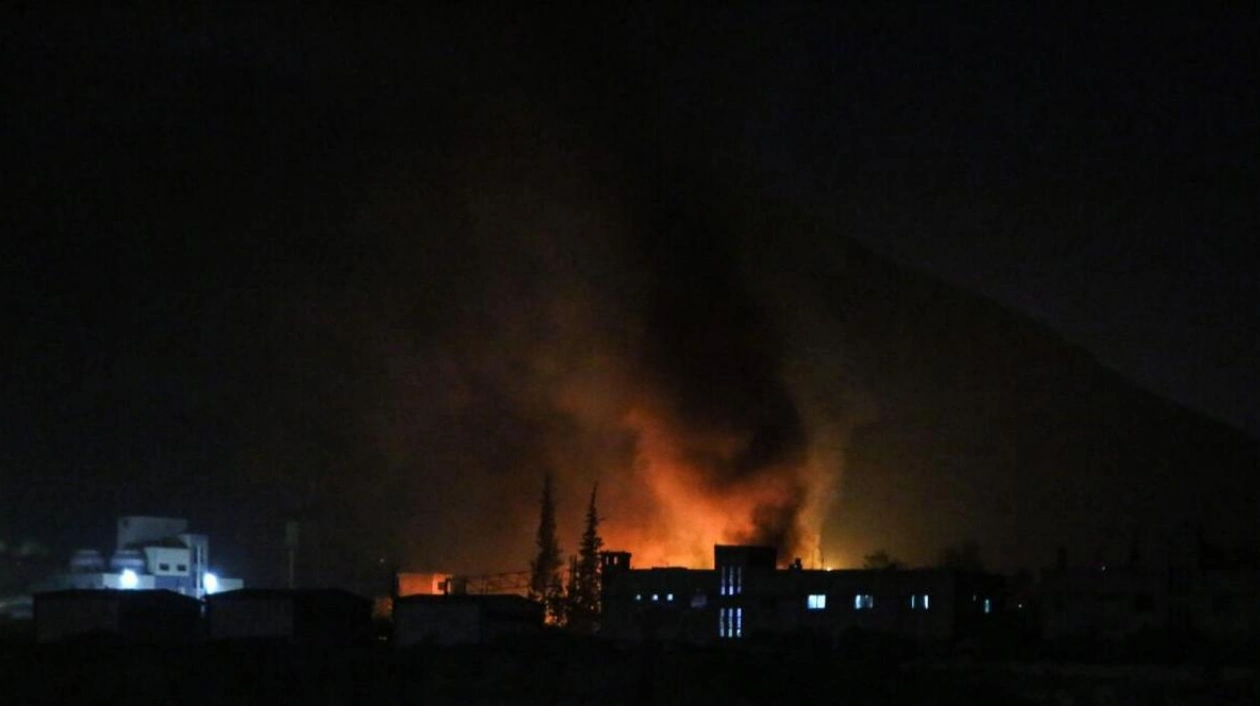Smoke rises on the outskirts of Damascus, Syria's capital, after Israeli airstrikes. On December 9, Israel carried out over 100 air strikes on military targets in Syria, including a research center in Damascus that Western nations suspected of being linked to chemical weapons production, according to a war monitor. AFP
The head of the international watchdog warned on Thursday that strikes on Syrian chemical weapons sites could contaminate and destroy crucial evidence. The organization admitted it was not yet clear if these sites had been impacted. There has been significant global concern over Syria's stockpile of chemical weapons since Bashar al-Assad's dramatic overthrow. On Monday, Israel stated it had targeted "remaining chemical weapons or long-range missiles and rockets to prevent them from falling into the hands of extremists."
Fernando Arias, the director-general of the Organisation for the Prohibition of Chemical Weapons (OPCW), said his group was "closely monitoring" reports of strikes on military facilities. "We do not yet know if these strikes have affected chemical weapons-related sites. Such airstrikes could pose a contamination risk," Arias stated in a speech. "Another significant risk would be the destruction of valuable evidence for investigations by various independent international bodies regarding past use of chemical weapons," he added.
In 2014, the OPCW established a "fact-finding mission" to investigate the use of chemical weapons in Syria. This team has issued 21 reports covering 74 instances of alleged chemical weapons use, according to the OPCW. Investigators concluded that chemical weapons were used or likely used in 20 cases. "Additionally, we must consider the risk of any dangerous chemicals or equipment being lost without any control," Arias warned in his speech.
Source link: https://www.khaleejtimes.com






